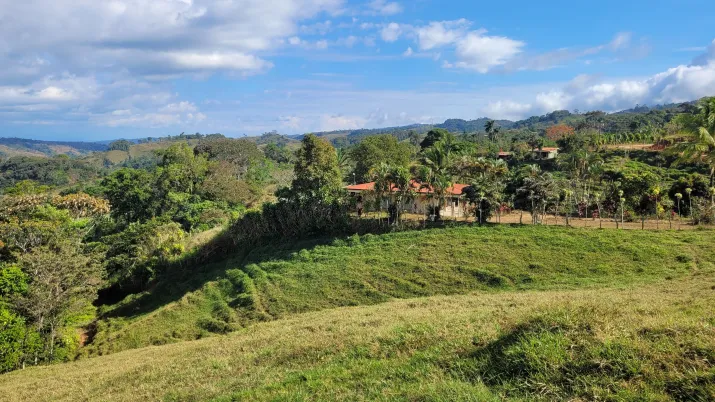Share the page
Costa Rica
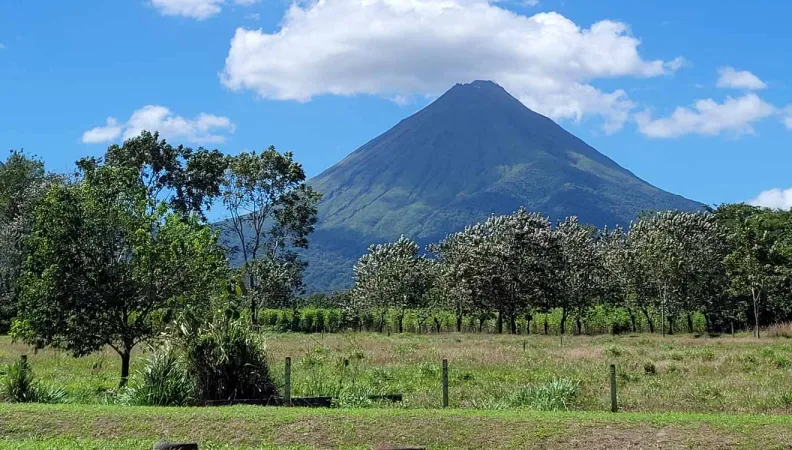
A country with great ecological wealth, Costa Rica stands out for its continuous commitment to the conservation of the environment and biodiversity since the 1980s. AFD has been assisting the country with its ecological and inclusive transition since 2019, via several financial instruments and technical cooperation activities.
Context
Costa Rica is one of the smallest countries in Central America. For many years, its buoyant economy, its stability, the high standard of its social protection system and its capacity to significantly reduce poverty have set it apart from the sub-region. Since the 1980s, the country has been fighting to preserve the environment and biodiversity, for which it is a reservoir with 6% of the world’s biodiversity.
However, the economic development of the country and the preservation of its natural resources are now threatened by the effects of climate change. Indeed, Costa Rica is one of the world's most vulnerable countries to the impacts of climate change. It is in this context that the ambitious National Decarbonization Plan (NDP) 2018-2050 was launched in early 2019. It aims to achieve carbon neutrality for the country by 2050 through action across all sectors of the economy.
Since it launched its activities in Costa Rica in 2019, AFD has gradually become a key counterpart for its Costa Rican partners in the fields of sustainable development and the fight against climate change.
AFD has since mobilized over €450 million to support the country’s ecological and inclusive transition. It provides its partners with a wide range of financial tools to help build innovative solutions for more equitable and environment-driven growth. In the projects it finances, AFD promotes dialogue and exchanges of experience, and provides partners with all the expertise France has at hand, in all aspects of sustainable development.
Our approach
"AFD AND COSTA RICA: TAKING ACTION FOR AN ECOLOGICAL AND INCLUSIVE TRANSITION"
A leading country in the fight against climate change, Costa Rica has set itself the objective of achieving carbon neutrality by 2050. AFD is assisting the country on this path by supporting the implementation of the National Decarbonization Plan. Cooperation activities are being conducted around the promotion of the use of electricity (especially in transport), greener agriculture, climate governance and sustainable territorial planning.
AFD is also helping BNCR, the country’s main public bank, to structure its climate finance activity. Two credit lines are financing investments with climate benefits, especially for the development of electric mobility.
We are also supporting two projects to disseminate good environmental practices in hospitals, and to update the Ministry of Education’s agricultural training.
In addition, AFD has carried out several activities that contribute to climate change adaptation. For example, it has helped the National System of Conservation Areas (SINAC) develop a system to monitor the state of mangroves, which are crucial allies in tackling coastal erosion and flooding.
AFD is supporting several projects to provide access to essential and effective services. One such project aims to strengthen 60 ASADAS (Community Water Management Associations) in the Greater Metropolitan Area of San José. This project will help safeguard water resources, improve the drinking water supply and increase the climate change resilience of services.
In Puerto Limón, a sanitation and flood control program has also been supported through a multi-country credit line to the Central American Bank for Economic Integration (BCIE).
In addition, AFD is supporting the Duo-Diversité project, led by France's Sud Provence-Alpes-Côte d’Azur region and Costa Rica. These territories exchange good practices on eco-tourism, biodiversity and water resource management. One of the objectives is to reduce agricultural water pollution, which is a major problem in Costa Rica.
AFD’s action in Costa Rica aims to contribute to more equitable growth by combining environmental protection and social development.
The second loan to support the National Decarbonization Plan covers the just transition and the promotion of gender equality across all areas of cooperation. AFD is supporting two regional projects co-financed and managed by the Inter-American Development Bank (IDB), which also target more inclusive growth. The first will develop public policies for the elderly. The second will focus on increasing women’s participation in the labor market and equal pay.
AFD is also helping its Costa Rican partners to ensure that decision-makers take greater account of environmental law and influence related local, regional and national policies.
Furthermore, we are assisting the CSO Human Resources Without Borders (RHSF) with a project to prevent child labor and forced labor.
In the field
Projects
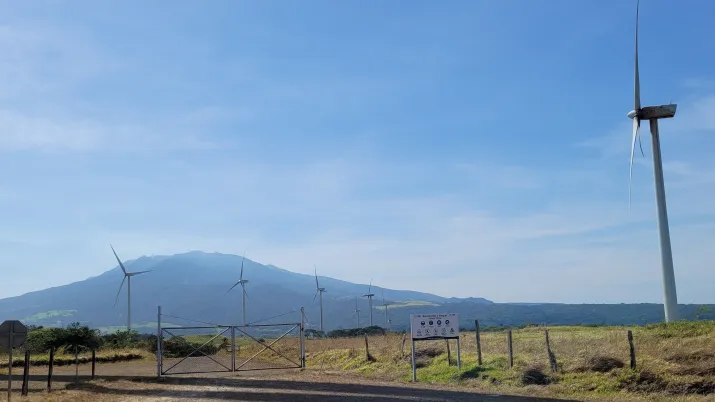
News & Press Releases

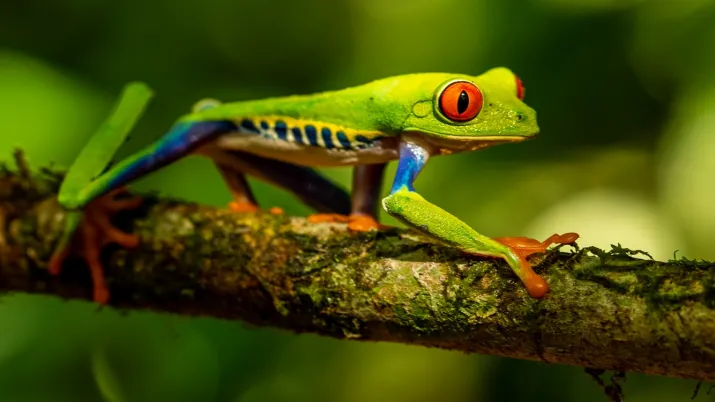
Senegal, Vietnam, Costa Rica: How three Vulnerable Countries are Adapting to Climate Change
Published on november 7 2022
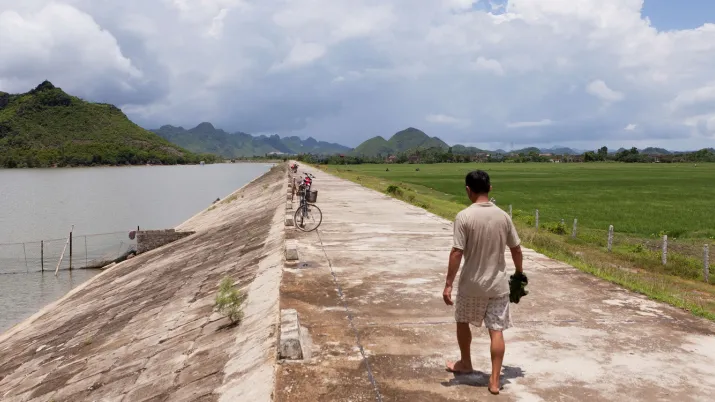
Publications & Media

Key figures
-
470 million euros committed since 2019
-
94% of commitments have climate co-benefits
-
25.5% of the country is protected

